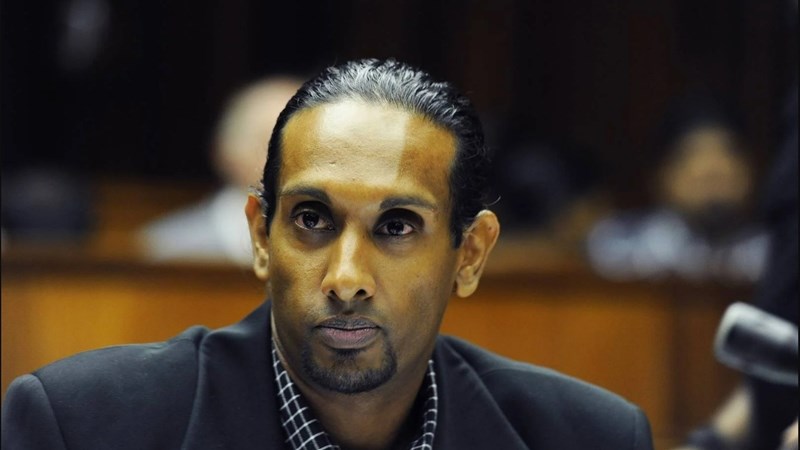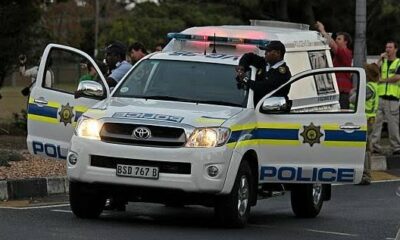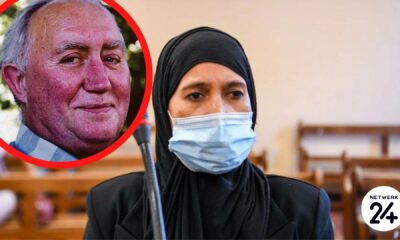News
Donovan Moodley’s Shifting Stories Fuel Doubts Over Parole

A haunting crime that refuses to fade
Two decades after the brutal kidnapping and murder of Leigh Matthews, the name Donovan Moodley still sparks outrage and unease across South Africa. Once eligible for parole in 2018, Moodley has returned to the spotlight repeatedly, not for remorse or rehabilitation, but for the troubling inconsistency of his stories and his ongoing attempts to reframe his crime.
Each time the parole debate resurfaces, so too does a deeper question: can a man who has changed his story at least seven times, shown little remorse, and blamed others for his actions ever be trusted back in society?
The psychologists divided
Clinical and forensic psychologist Dr Gerard Labuschagne, who worked with the Matthews family, remains convinced that Moodley’s parole bids are built on manipulation, not repentance. He argues that Moodley’s constant attempts to repackage the narrative are not signs of growth, but of control-seeking behaviour.
In parole hearings, Moodley has claimed that he killed Matthews only in a moment of panic when she moved suddenly. Yet, his original guilty plea stated that her murder was planned. For Labuschagne, this contradiction is not a detail, it’s a red flag.
“It shows he still hasn’t taken full accountability,” Labuschagne explained. “He is more focused on how he appears than on telling the truth.”
Other psychologists, however, have painted a more forgiving picture, describing Moodley as repentant. But their assessments have been marred by controversy. One psychologist who spoke in his favour was later fined by the Health Professions Council of South Africa (HPCSA) for professional misconduct in another matter, casting further doubt on the reliability of those findings.
A battle of credibility
Moodley has not taken criticism lying down. He filed a complaint against Labuschagne, accusing him of unethical conduct and claiming the assessment harmed his parole chances. The HPCSA eventually fined Labuschagne as well, not for dishonesty, but for conducting his evaluation without Moodley’s consent.
This tug-of-war between experts leaves the parole board in an uneasy position. Should it trust flawed assessments that risk letting a dangerous offender out too soon? Or should it lean on the uncomfortable consistency of Moodley’s manipulation as proof that rehabilitation hasn’t occurred?
Public anger still raw
For many South Africans, particularly the Matthews family and those who remember the national horror of the case, Moodley’s parole requests reopen old wounds. Social media reactions tend to erupt with outrage whenever his name reappears in headlines, with ordinary citizens warning that releasing him would not only be unjust but unsafe.
It taps into a larger cultural concern: how parole is handled in high-profile violent crimes, and whether the system adequately protects victims’ families and the broader public.
The Moodley case isn’t just about one man’s parole. It has become a litmus test for South Africa’s justice system: balancing rehabilitation with accountability, and ensuring that violent offenders aren’t given second chances at the cost of public safety.
As Labuschagne bluntly asked: “Can a person who’s changed their story so many times, downplayed their role in the crime, and avoided responsibility, be considered safe to release?”
For now, the answer seems to be no and for many, that feels like the only just conclusion.
{Source: The Citizen}
Follow Joburg ETC on Facebook, Twitter , TikTok and Instagram
For more News in Johannesburg, visit joburgetc.com


























